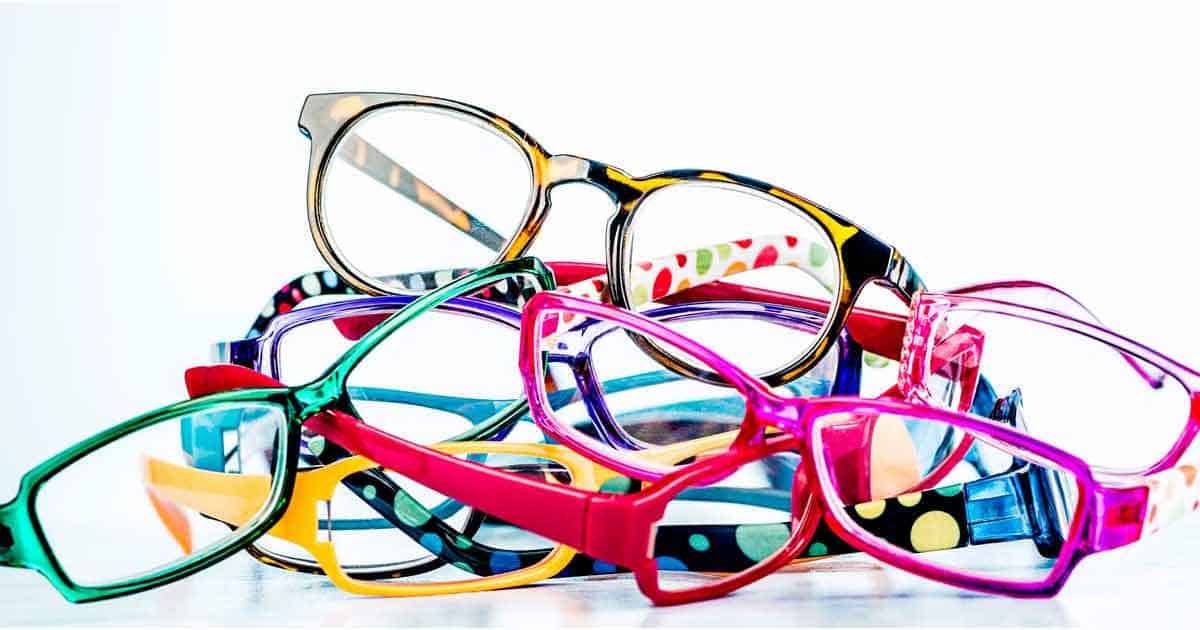After years of stable, clear vision, are you now experiencing issues with glare and blurry vision? This decline in vision may be due to the normal aging of the lens called Dysfunctional Lens Syndrome, or DLS. DLS is a common, age-related condition in which the lens inside the eye progressively loses its natural flexibility. Vision begins to deteriorate as patients age into their 40s, and the main symptom is difficulty with near vision.
DLS occurs naturally over time and will even affect patients who had LASIK, a procedure that only addresses the cornea, not the lens itself.
Symptoms of DLS:
• Noticeable decrease in near vision
• Difficulty reading in dim light
• Blurry, cloudy, or yellow-tinted vision
• Difficulty driving, especially at night
Dysfunctional Lens Syndrome Diagnostics
DLS occurs in three stages. Our Advanced Ocular Analysis can determine where your particular vision falls within the spectrum. Through this advanced testing, we are able to take a beneath the surface look at the eye to assess the changes in the natural lens of the eye.
Stage 1
• Lens is clear, but begins to lose flexibility
• Minimal light scatter present
• Most people at this stage will begin to use readers or bifocals
Stage 2
• Lens continues to stiffen and begins clouding
• Light scatter present, resulting in halos, glare, and decreased vision quality
• People at this stage begin to have difficulty with night driving and reading in dim light
Stage 3
• Lens has developed into a cataract
• Vast amount of light scatter is present
• People at this stage will notice a significant functional decrease in their vision
Treating Dysfunctional Lens Syndrome
While natural vision changes are inevitable, with today’s advanced technology our surgeons are able to:
• Stop the progression of Dysfunctional Lens Syndrome
• Reduce or eliminate your dependency on glasses, bifocals, and/or readers
• Prevent you from developing a cataract
Treatment options include blended vision with laser vision correction, Refractive Lens Exchange, or Refractive Cataract Surgery. The right procedure for you is dependent on a number of factors including age, profession, hobbies and desired outcomes. During the Advanced Ocular Analysis, one of our experienced surgeons will evaluate your eyes and outline a treatment plan tailored to your visual needs and lifestyle.

